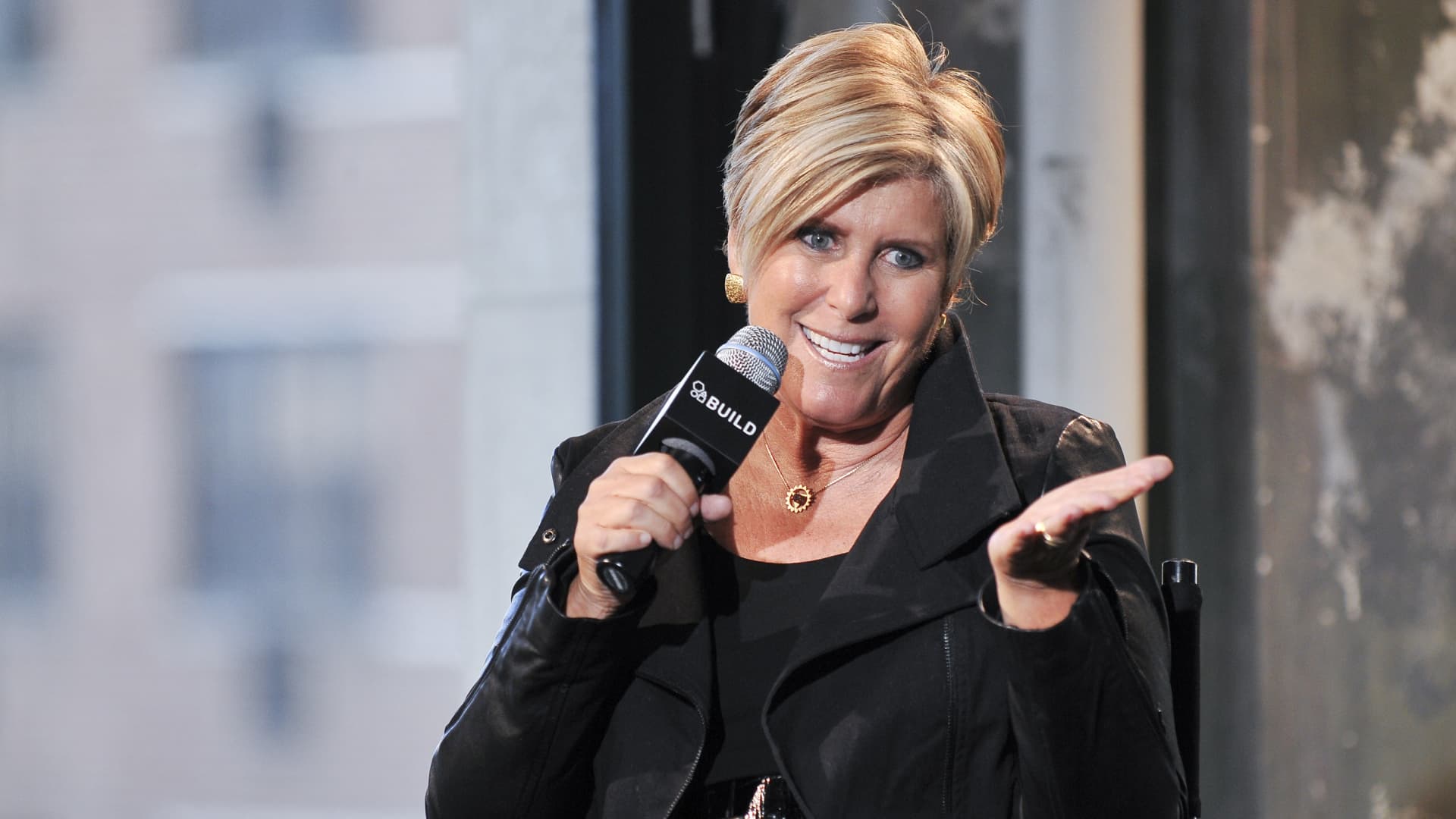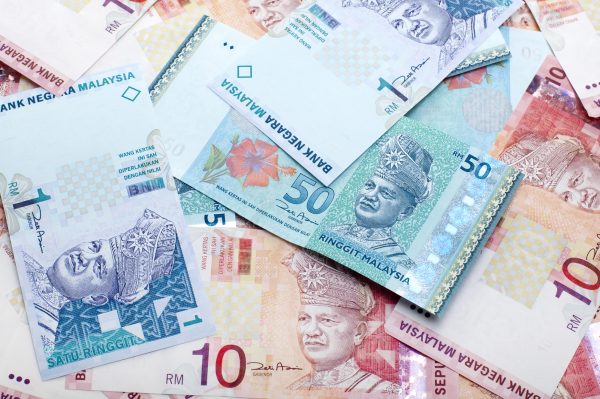A BRAVE Iranian political prisoner has risked her life to share with the world the squalid and often torturous conditions inside the regime’s notorious women’s prison.
University student Farideh, 25, was imprisoned for more than a year at Qarchak – an infamous prison originally built to house livestock in Varamin, around 40 miles south of Tehran.

4

4

4

4
She told The Sun how she was arrested after painting some graffiti against the country’s current regime.
Farideh – a member of the Iranian resistance group MEK – said she was denied a fair trial, tortured, beaten, interrogated and kept in solitary confinement before being housed in a filthy public cell at Qarchak.
Human rights groups and Iranian dissidents have previously told The Sun that the prison is riddled with disease, has poor sanitation, and is rife with torture, murder and rape.
Farideh said prisoners were crammed in side by side with no way to lie down or sleep, and there was overflowing sewage and air so poor it was hard to breathe.
The 25-year-old, who has just been released, has spoken out as the war between Israel and Hamas, widely believed to be supported by the Iranian regime, escalates.
“It is very difficult to explain the situation in the mullahs’ prisons. I was in Qarchak prison for over a year,” she told The Sun in an exclusive interview.
“The primary issue in this prison was the overpopulation of the wards, which made it difficult to breathe.
“The sanitary situation was out of the question. Filthy cells and toilets limited access to toilets and bathrooms, which was a way of torturing the prisoners.
“The public wards were full of prisoners, there wasn’t enough room to sleep, and for days, prisoners had to sit next to each other and couldn’t lie down to rest.
“We had to sit during the day, and there wasn’t enough beds.”
For the first few months before she was transferred to Qarchak Prison, she was kept in solitary confinement in one of Iran’s Ministry of Intelligence and Security (MOIS) detention centres.
“I was interrogated every few days, asking to confess to my activities with the MEK. I did not. I knew if I agreed, I would face far worse consequences,” she said.
“I was beaten many times, and the psychological torture of not knowing what would be your fate and always being in a state of limbo was the worst part.
“But they failed to break me, and this was the case with a large number of female protesters who were detained after September 2022 uprising.
“Even when I was transferred from solitary to the public ward in Qarchak Prison, they did not allow me to contact my family or friends for a while.
“In the public ward, I learned about stories of women who had gone through far worse situations.”
‘HUMILIATED AND BRUTALISED’
Farideh described the case of a woman who was assaulted and tried to take her own life – but the guards “ignored her pleas” and refused to transfer her to the prison clinic.
“There was mental and physical torture, especially for political prisoners, all the time,” she said.
“They treat prisoners brutally. As I mentioned, there was this prisoner who tried to commit suicide, and the guards did not care about her.
“There are no human rights in Iran, particularly in prison under the mullahs.
“After last year’s protests, many people were arrested.
“In one case, a journalist had been arrested for exposing the security forces’ violent treatment of detainees by female IRGC agents. They wore black chadors, military uniforms, and black masks.
“Many of them insulted, humiliated, and brutalised young women and girls, taking them to an undisclosed location.”
Farideh was arrested after taking part in resistance activities for the MEK as she sprayed graffiti on one of the runways in Tehran.
“I was not given a fair trial,” she said.
“Even they don’t allow my family to be in court. They judge me with what I say in interrogation.
“In one case, another university student arrested during one of the demonstrations in Tehran last year was given a six-year jail sentence and 74 lashes.”
Many crimes are happening in prisons, but no one cares about them
Former prisoner Faradeh
Farideh said the crimes she and other prisoners were imprisoned for are “very different” from the free world.
She said women are jailed for “disobeying the regime’s dress code, resisting the morality police‘s rude behaviours, and, in political cases, taking part in any activities that are considered protesting their rule”.
This includes spraying graffiti, and participating in peaceful protests at universities, she said.
“But the biggest crime has always been having a tie to the main opposition, the MEK,” Farideh added.
“Women charged with propaganda against the state or affiliation with the MEK will face no mercy through the process they go through when arrested.
“In Qarchak, a cellmate who had been incarcerated in the women’s ward of Evin Prison had been transferred to the IRGC-Intelligence ward 2A on October 5, 2019.
“She had been sentenced to 16 years of prison for her leading role in a demonstration and for communicating with the MEK.
“Her family was only informed of her fate when they visited her in Qarchak.”
Farideh also spoke about the case of a prominent teacher who was detained and left in limbo for months in the Qarchak Prison.
‘THIS REGIME IS TORTURING THEM’
“Security forces arrested her on May 2023, during the teachers‘ protest in Tehran, but until she went on hunger strike, they did not do anything,” she said.
“Many crimes are happening in prisons, but no one cares about them.
“Many people are now in prison in hard situations, and this regime is torturing them I want you to just think about them and put yourself in their place.
“This fundamentalist regime should be overthrown in order to achieve human rights, peace in the world, and a stop to war.”
The female-led MEK is the largest opposition group to the Iranian regime and has members both inside Iran and all over the world.
Farideh explained why she and many other Iranian youths are actively standing up to the mullahs.
STANDING AGAINST REGIME
“Despite a severe crackdown on last year’s protesters and the arrest of thousands of Resistance Units, countless individuals, including girls and boys, actively defy the atmosphere of terror,” she said.
“In anticipation of another uprising, the ruling clerics escalated executions and repressive measures to intimidate people, particularly the youth and students.
“Nevertheless, we stand against them, tearing down their banners, torching regime symbols, and mobilizing protests, as we did in Tehran and other cities on last month’s anniversary of last year’s uprising.”
She said urged governments in the UK, US and across the West to ditch their current policy of “appeasing” Iran and instead support those resisting the dictatorship.
She said: “The failed policy of appeasement has resulted in domestic repression and the spread of terrorism and extremism.
“No government should mistreat its citizens as the mullahs do. The international community must oppose the mullahs firmly, blacklist the IRGC (their main repressive force), and support the people of Iran and their resistance.
“Recognising our right to self-defence and resistance is the path to achieving freedom, democracy in Iran, and peace in the region.”












;Resize=(1180))








Discussion about this post